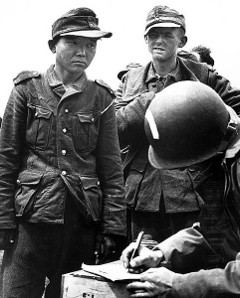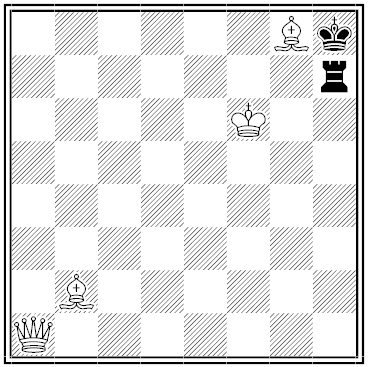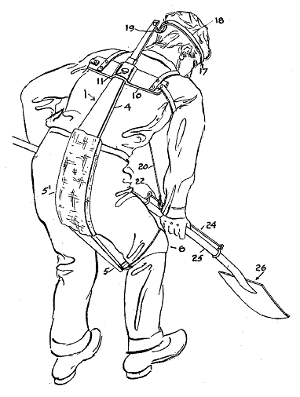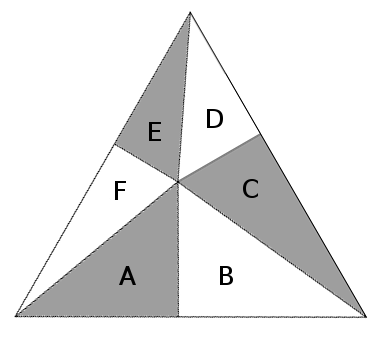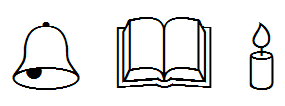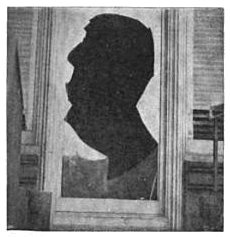In 1959, psychologist Milton Rokeach assembled three mentally ill patients each of whom believed he was Jesus Christ:
Leon: “People can use the same Bible but some of them will worship Jesus Christ instead of worshiping God through Jesus Christ.”
Clyde: “We worship both.”
Leon: “I don’t worship you. I worship God Almighty through you, and through him, and him.”
Clyde: “You oughta worship me, I’ll tell you that!”
Leon: “I will not worship you! You’re a creature! You better live your own life and wake up to the facts.”
Clyde: “I’m living my life. You don’t wake up! You can’t wake up!”
Joseph: “No two men are Jesus Christs.”
Leon: “You hear mechanical voices.”
Clyde: “You don’t get it right. I don’t care what you call it. I hear natural voices. I hear to heaven. I hear all over.”
Joseph: “I’m going back to England.”
Leon: “Sir, if the good Lord wills only.”
Joseph: “Good Lord! I’m the good Lord!”
Leon: “That’s your belief, sir.”
Rokeach intended the study as an inquiry into the nature of identity: If there is only one son of God, how would these men react on encountering one another? He found that they explained the disagreement by calling one another crazy, duped, or disingenuous, but that the conflict was less damaging psychologically than might have been supposed. In his 1964 account of the experiment, The Three Christs of Ypsilanti, Rokeach writes, “We have learned that even when a summit of three is composed of paranoid men, deadlocked over the ultimate in human contradiction, they prefer to seek ways to live with one another in peace rather than destroy one another.”
